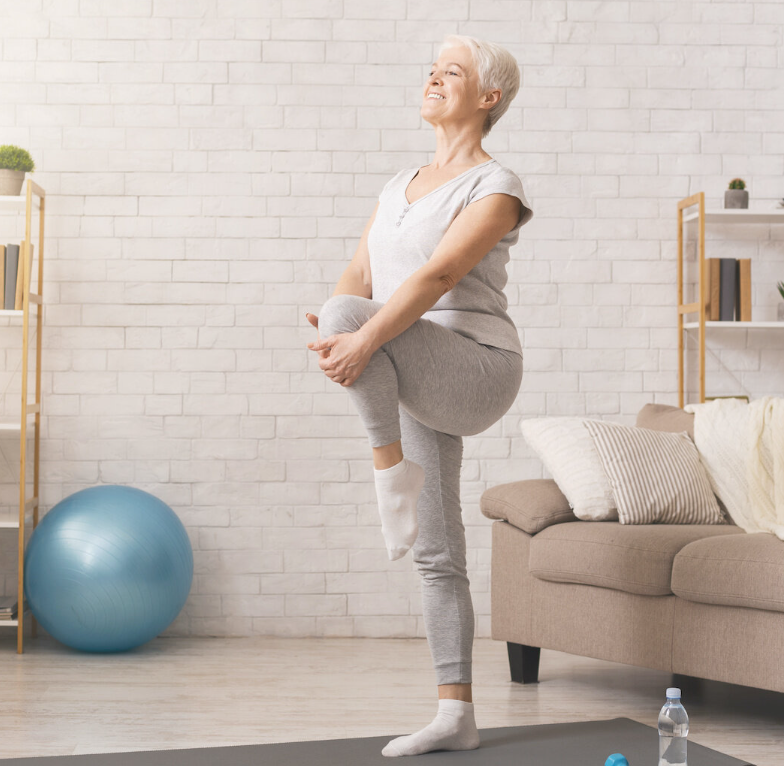
Enhance Your Balance to Support Cognitive Health
Share
Maintaining good balance is crucial not only for physical stability but also for cognitive health. The body systems responsible for balance can be affected by aging, medications, and various health conditions. However, exercises designed to improve balance can significantly enhance both stability and cognitive function, helping to prevent cognitive decline.
Balance problems due to aging, arthritis, stroke, Parkinson's disease, or multiple sclerosis can often be mitigated through targeted exercises. Engaging in activities that improve balance can also boost brain health by stimulating the neural pathways involved in coordination and spatial awareness.
Everyday Activities to Improve Balance
You may already engage in activities that enhance balance, especially if you lead an active lifestyle. Many balance-strengthening exercises are offered in classes at YMCAs and senior centers. Here are some effective activities:
Walking, Biking, and Climbing Stairs: These activities strengthen the lower body muscles, which are essential for maintaining balance. Using a recumbent bike or stair stepper is a safe starting point if you need significant balance improvement.
Stretching: Loosening tight muscles can improve posture and balance, enhancing overall stability and cognitive function by reducing physical strain.
Yoga: This practice strengthens and stretches muscles while challenging both static and dynamic balance skills. Yoga poses require focus and coordination, stimulating brain areas involved in balance and cognitive processing.
Tai Chi: This ancient martial art involves slow, deliberate movements that shift weight from one foot to another, combined with trunk rotation and limb extension. Tai chi is known for its balance-improving benefits and also promotes mindfulness, which supports cognitive health.
Starting Balance Exercises if You're Not Active
Even if you're not currently active, research shows that the right exercises can dramatically improve strength and balance at any age or ability level. Here are some easy ways to get started:
Begin with Simple Exercises: Start with basic balance exercises, such as standing on one foot or walking heel-to-toe. (Be sure to stand by a kitchen counter or wall for safety reasons.) These exercises can be done at home and gradually increase in difficulty as your balance improves.

Use Supportive Equipment: If you need additional support, use equipment like a recumbent bike, stair stepper, or balance boards. These tools can help you safely improve your balance while providing the necessary support.
Regular Practice: Consistency is key. Regular practice of balance exercises can lead to significant improvements over time. Aim for at least a few minutes of balance-focus exercises daily.
Benefits of Balance Exercises for Cognitive Health
Improving balance through regular exercise not only enhances physical stability but also supports cognitive health. Balance exercises stimulate the brain, improving coordination, spatial awareness, and mental focus. By integrating these activities into your routine, you can help prevent cognitive decline and maintain overall well-being.
Incorporating balance exercises into your lifestyle is a simple yet powerful way to support both physical and cognitive health. Start today and enjoy the benefits of improved stability and a sharper mind.
